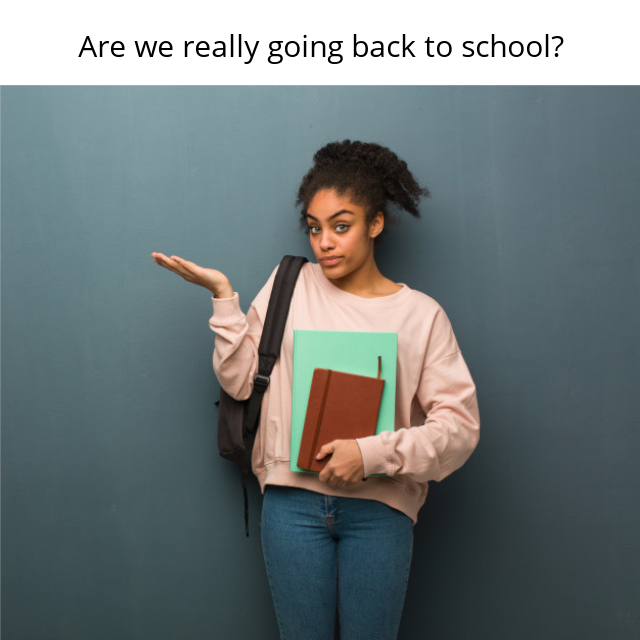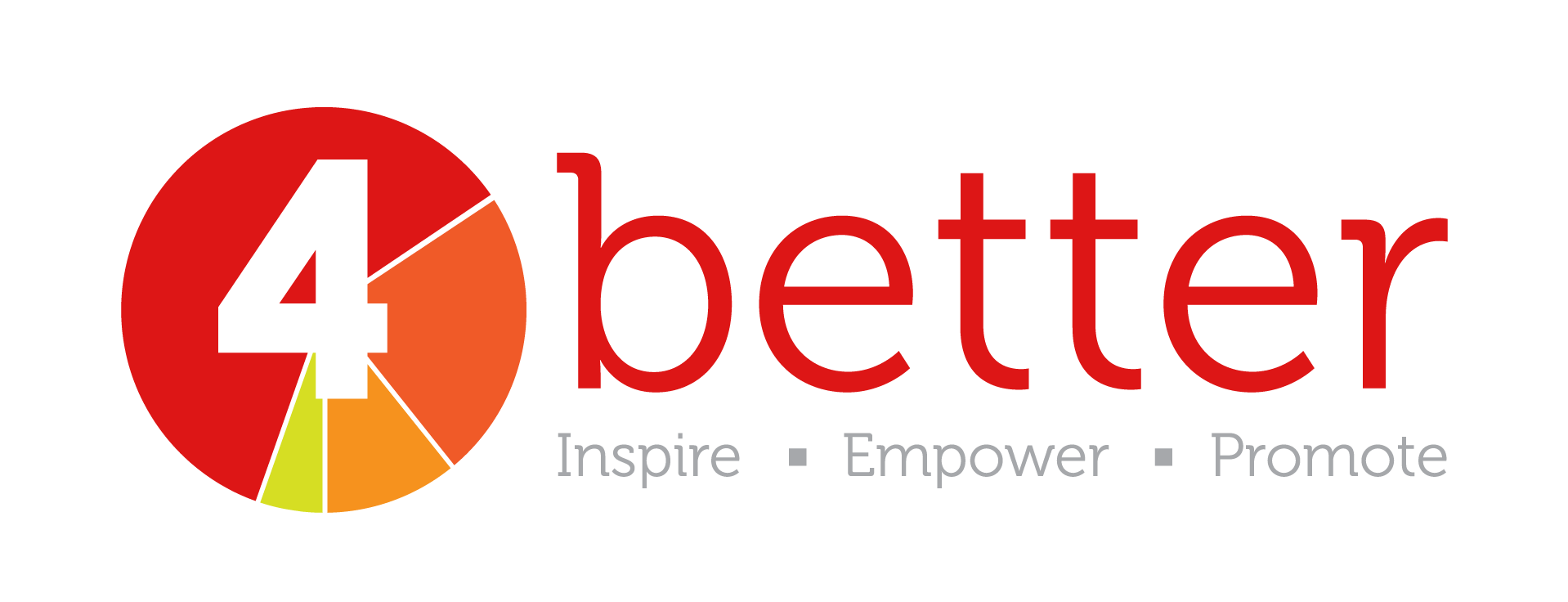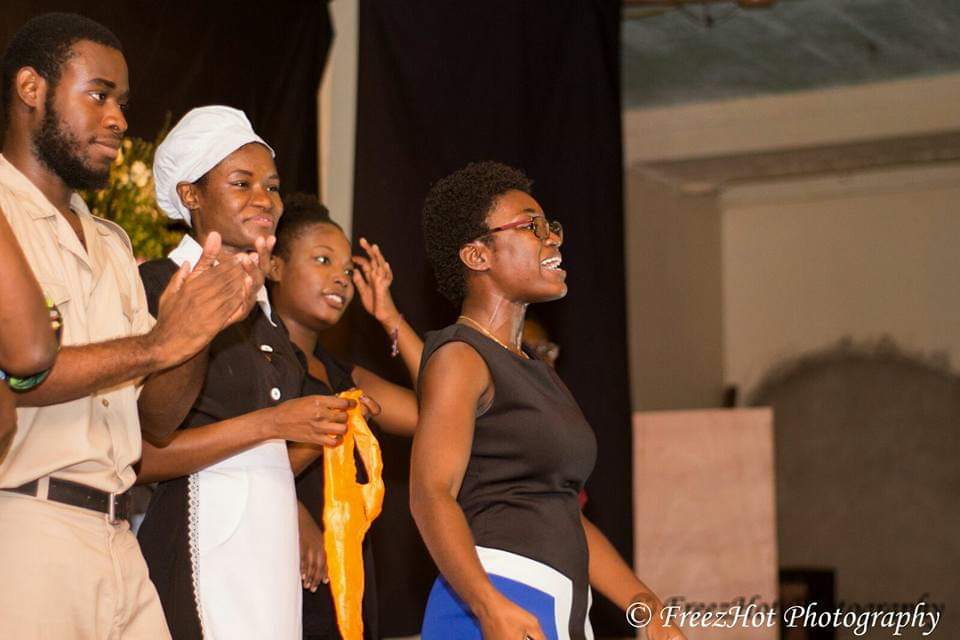
While Haiti’s Financial Crisis Creates Panic, Schools Are Reopening This August
With a 23.3% inflation rate and the local currency running down the hills, more households have less purchasing power and are less confident about sending their children back to school. Moreover, sociopolitical insecurity has dramatically risen, and scarcity of basic needs such as water and energy can’t help but worsen the picture.
Nevertheless, there is a sparkle of relief, knowing that social interactions are slowly returning to the way they were several months ago. To help you get a clearer view of the situation, let us go through the pros and cons of school reopening in the middle of this crisis.
What is positive about reopening schools
After primary and high schools have – for many of them – lost several months in their agenda, reopening schools with a very particular schedule could help these institutions cover what they’ve missed. Even though some schools – mostly ruled by catholic congregationsㅡhave managed their way out of this uncertainty during the crisis, it is quite a long road for other public or small private schools. Among different outcomes we may consider:
- Surrounding small and medium-sized enterprises benefit from the school’s environment. There is hope for many micro-entrepreneurs who sell their products to scholars from the ice-cream seller to the schools’ exclusive cafeteria.
- Some business sectors will raise their sales volume. Considering transportation, shoe cleaners, food and beverage microbusinesses, book stores, and academic supplies stores, they will considerably improve their sales as demand will increase.
- Social gatherings, even if limited, are an excellent way to boost students’ mental state. Enduring the lockdown with limited access to basic needs or technologies is challenging. As they will be able to meet their peers and foster their social relationships, reopening the schools can be beneficial to that extent as well.
However, there is a lot to worry about
The pandemic‘s inefficient management creates doubts around Haiti’s officials as they are taking a bold step in reopening schools this August. Many are worried about the measures to be taken by the government to ensure scholars’ safety in their environment. Others feel shaken by this financial crisis that weighs on their shoulders. On top of that we may consider:
- Socio-political instability nurtures many parents’ reluctance to send their children back to school. From thefts to kidnapping cases, from riots to fuel insufficiency on the market, the government has yet to prove it can handle the situation thoroughly.
- Lack of real engagement from academic institutions as they are trying to get as much money as possible. It is obvious that schools have operating costs to handle and the lockdown has not made it easy for them. Nevertheless, there have been conversations about how much they can charge students in order to be profitable. From watermarked face masks to school fees going higher, parents may not be able to fund this academic year.
There is no society without education, but poor education can also be lethal to society. Even though the situation doesn’t seem to be manageable by Haiti’s government, many business sectors are positively expecting school reopening in order to be operational. Though, if students will have to respect social distancing and wear face masks, seeing their classmates after several months can be very rewarding and pleasing.
Until they start off again, let us hope for an appropriate environment during the rest of the academic journey.










I’VE COME TO TO GONAIVES, HAITI FOR MISSION WORKS TWICE A YEAR A HAVE FALLEN INLOVE WITH THE RESORT THERE AND WANT TO BUY SOME PROPERTY AND ENGAGE IT AS A VACATION PLATFORM FOR THOSE THAT COME FROM US. I LIKE WHAT YOU ARE DOING. STAY INTOUCH WITH ME.
That’s beautiful man. I am so proud of you. I was a refugee and I have been here since I was 11 years now I am 38. I have 7 brothers and sisters plus my dad I support. It’s tough for me to leave right now but it was and has been a dream for me to go back home and help the country reunited. I will keep in touch and looking forward to work with you and our people.
Love this i want to help
My name is dgino brutus from canada and i would like to help my country